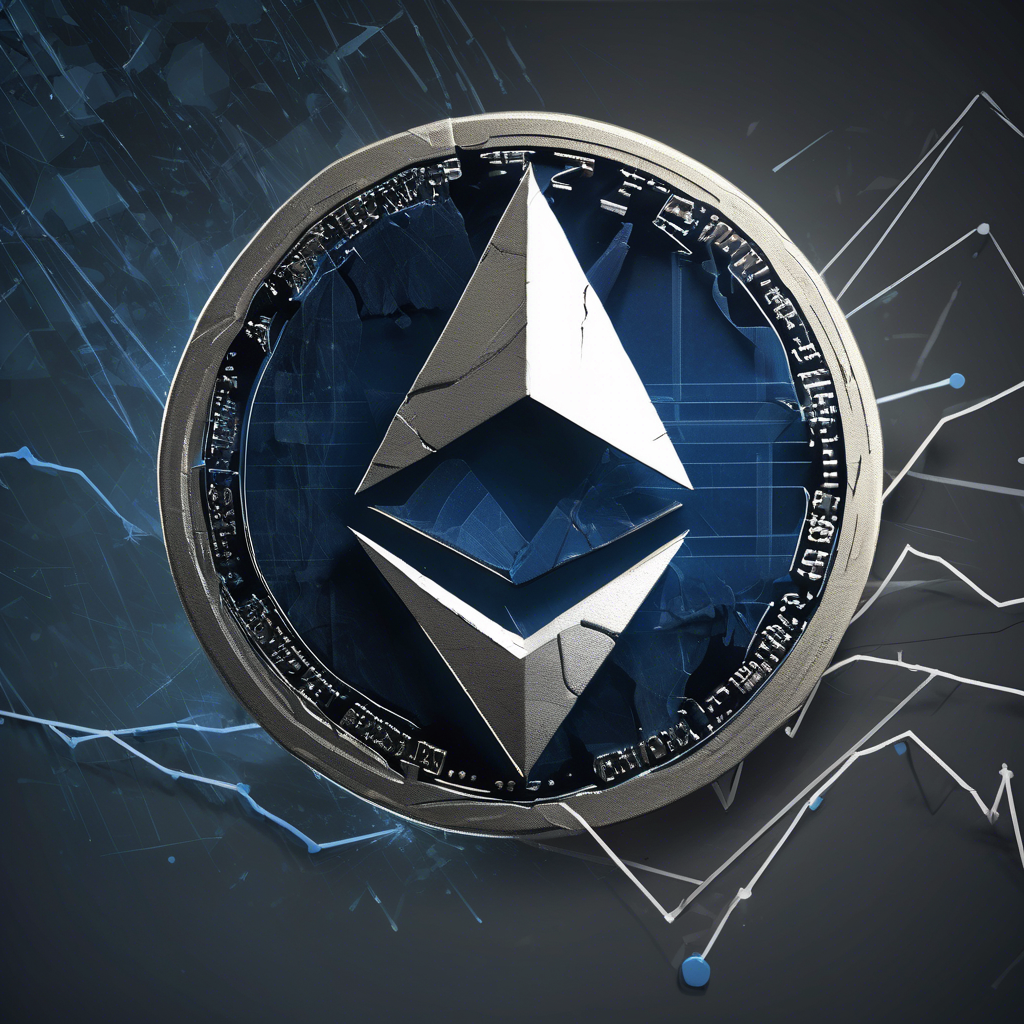Trump's Middle East Visit Signals Shift in US AI Chip Export Policy and Gulf Partnerships

President Donald Trump’s recent visit to the Middle East marked a significant shift in U. S. policy regarding the export of advanced artificial intelligence (AI) chips. This trip represented a break from former limitations designed to control the spread of sensitive technologies. During his tour, Trump approved major AI chip agreements with key Gulf nations, especially the United Arab Emirates (UAE) and Saudi Arabia. These deals involved extensive collaborations between leading U. S. tech firms such as Nvidia, AMD, and OpenAI and their Gulf counterparts. This policy change is part of a wider U. S. strategy that links access to state-of-the-art AI chip technology with comprehensive trade negotiations. This approach differs from export controls previously enforced under President Joe Biden’s administration, which aimed to block the transfer of sensitive technology to countries connected to China. By revising the framework, the current policy opens doors for allied Gulf countries to obtain advanced AI technologies within trade agreements, thereby strengthening economic and technological ties. A concrete result of this new approach is Saudi Arabia’s pledge to invest around $600 billion in the United States. This sizable investment highlights the depth of economic engagement between the U. S. and Gulf states stemming from the recent deals. Additionally, various companies besides AI chip producers are rapidly expanding in the region. Notably, firms such as Scale AI, Google, and other major tech entities are accelerating their Middle East presence, drawn by favorable business environments and strategic opportunities offered by these partnerships. Nevertheless, this policy shift has sparked concerns among national security experts.
Critics warn that broadly exporting advanced AI chips to Gulf countries could risk undermining long-term U. S. leadership in AI development. They fear that such technology might unintentionally strengthen authoritarian regimes, some of which have ties to China, potentially enabling adversarial forces to gain sensitive AI capabilities. Opponents also argue that this strategy contradicts Trump’s longstanding "America First" policy. They claim that promoting offshore development of crucial AI technologies threatens domestic innovation and reduces U. S. control over key technological advancements. This could weaken America’s ability to shape AI’s future direction and implementation. Specific apprehensions include the possible misuse of ultra-powerful AI models by foreign governments equipped with these technologies, which may affect areas such as surveillance and cyber operations. There is also concern about growing strategic dependencies between the U. S. and Gulf states that might complicate future economic and foreign policy decisions. In summary, President Trump’s Middle East trip triggered a notable realignment in U. S. AI export policy, favoring closer technological cooperation with Gulf partners while relaxing prior export restrictions. Although this initiative promises significant economic investments and stronger trade relations, it simultaneously raises vital questions regarding national security, technological dominance, and the trajectory of U. S. foreign policy. The evolving situation requires careful oversight as the balance between economic benefits and protecting technological leadership remains precarious amid increasing global competition.
Brief news summary
President Donald Trump’s recent Middle East visit marked a notable shift in U.S. policy by easing export restrictions on advanced AI chips to Gulf countries like the UAE and Saudi Arabia, contrasting with the Biden administration's stricter controls aimed at limiting tech transfers to China-linked nations. This new strategy ties AI access to broader trade deals, boosting economic and technological ties, exemplified by Saudi Arabia’s $600 billion investment pledge in the U.S. Major tech firms, including Nvidia, AMD, OpenAI, Scale AI, and Google, are expanding in the Gulf amid these changes. However, this approach raises national security concerns, such as empowering authoritarian regimes and risking U.S. AI leadership by relocating critical technology abroad. Critics warn the shift could undermine “America First” ideals by weakening domestic innovation and control, while fears persist over potential AI misuse and complex strategic dependencies complicating future policies. Overall, Trump’s policy pivot enhances economic ties with the Gulf but challenges U.S. technological dominance and security, demanding careful balance amid growing global competition.
AI-powered Lead Generation in Social Media
and Search Engines
Let AI take control and automatically generate leads for you!

I'm your Content Manager, ready to handle your first test assignment
Learn how AI can help your business.
Let’s talk!

JPMorgan Chase steps beyond ‘walled garden’ to se…
© 2025 Fortune Media IP Limited.

Mark Zuckerberg Wants AI to Solve America's Lonel…
In early May 2025, Mark Zuckerberg drew attention to America's growing loneliness crisis, citing alarming declines in face-to-face interactions and rising distrust in traditional institutions.

Circle's IPO Filing Amid Market Volatility
Circle Internet has made substantial progress as the issuer of USDC, a leading fiat-backed stablecoin valued at around $43 billion in circulation.

YouTube announces Gemini AI feature to target ads…
Josh Edelson | AFP | Getty Images On Wednesday, YouTube unveiled a new feature that enables advertisers to leverage Google's Gemini AI model to target ads at moments when viewers are most engaged with a video

Standard Chartered Lowers Ethereum Price Target A…
Standard Chartered Bank has notably lowered its price target for Ethereum (ETH), the world’s second-largest cryptocurrency, projecting a price of $4,000 by the end of 2025—down from its earlier forecast of $10,000.

"Superhuman" AI could transform medicine, Zocdoc …
At the recent Axios Future of Health Summit in Washington D.C., Oliver Kharraz, CEO and founder of Zocdoc, shared valuable insights on the transformative role of augmentative artificial intelligence (AI) in healthcare.

Aave Labs Introduces Project Horizon for Institut…
Aave Labs has launched Project Horizon, an ambitious initiative to bridge institutional finance and decentralized finance (DeFi), aiming to boost DeFi adoption among traditional financial institutions that have been hesitant due to various challenges.

 Auto-Filling SEO Website as a Gift
Auto-Filling SEO Website as a Gift








 Auto-Filling SEO Website as a Gift
Auto-Filling SEO Website as a Gift

